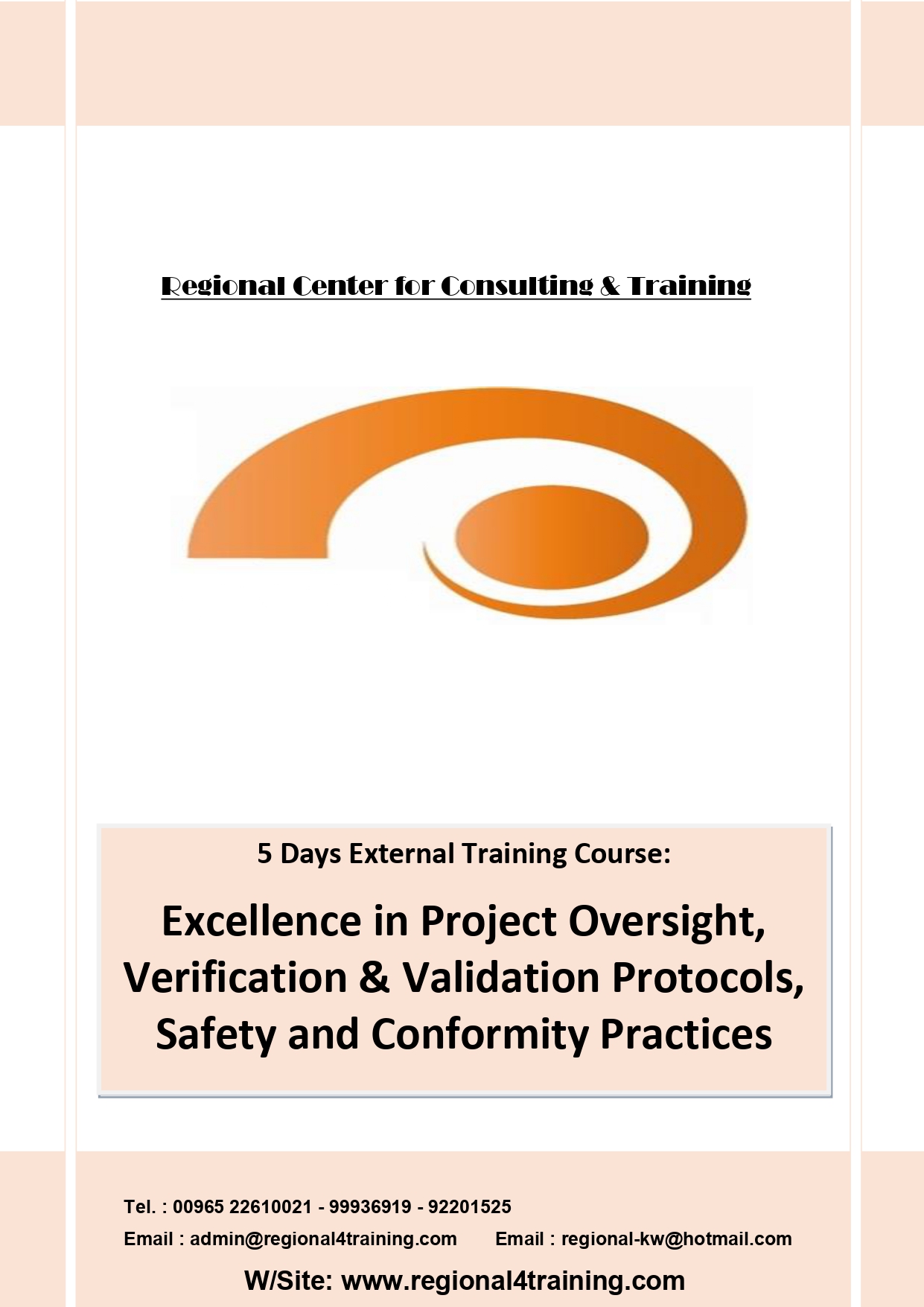|
This training course covers the process of Utilities and Energy
Systems Design and Performance to assure adequacy, reliability, and economy.
The course begins with an overview of the distribution system and its basic
equipment. Next, the planning process is explored, step-by-step, emphasizing
the importance of each step in achieving the desired outcome. An in-depth
view of engineering economics is included to assure cost-effectiveness of the
capital-intensive infrastructure. Since the planning process is necessitated due to changes in load, the
process of performing and interpreting load forecasts is investigated.
Finally, means of quantifying and measuring reliability will be presented so
the reliability of the distribution can be properly assessed. Utility
customers today are demanding higher reliability and lower costs, and this
trend will undoubtedly continue for the next several decades. Effective
planning techniques provide a means of meeting the customer demands of
reliability and economy while better positioning the utility for adapting to
future customer requirements. This training course presents proven planning
methods which will benefit both the utility and its customers. This training
course will feature:
ü Distribution System and Equipment
Overview
ü The Planning Process
ü Engineering Economics
ü Load Forecasting
ü Reliability Assessment |
By the end of this training course, participants will be able
to:
ü Specify optimum distribution system
topologies and equipment
ü Conduct comprehensive planning studies
ü Perform the calculations necessary to
economically justify system improvement projects
ü Implement and interpret load forecasts
for distribution system studies
ü Quantify reliability and assess progress
toward achieving reliability goals |
|
This training course will utilise a variety of proven adult
learning techniques to ensure maximum understanding, comprehension, and
retention of the information presented. This includes incorporating case studies
and scenarios from numerous utilities as well as classroom exercises to
engage the delegates in planning strategies and methods. Goals and objectives
for a comprehensive system plan will be studied, balancing system performance
with economics. Increases in
reliability will be deliberated and realistic means of achieving improved
reliability goals will be explored. |



